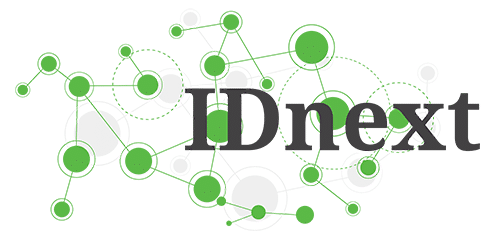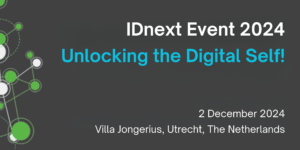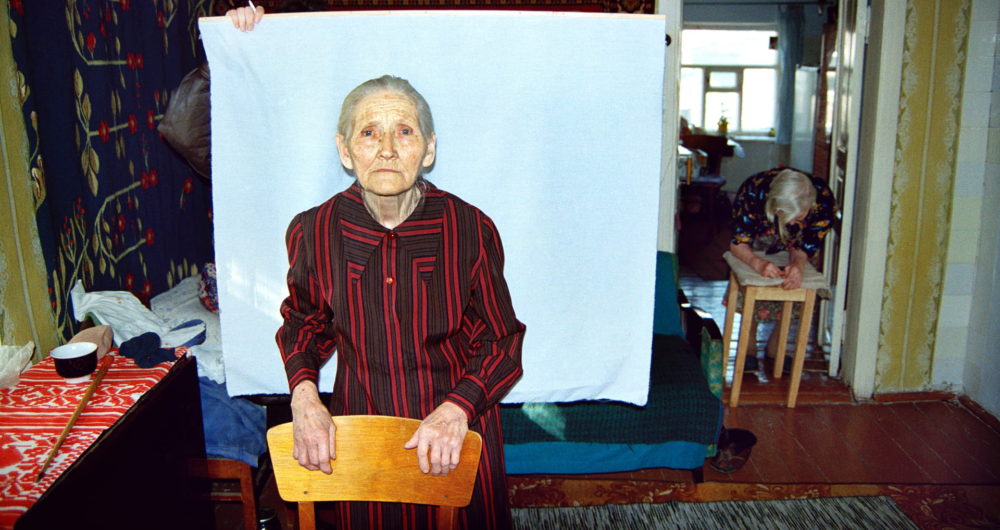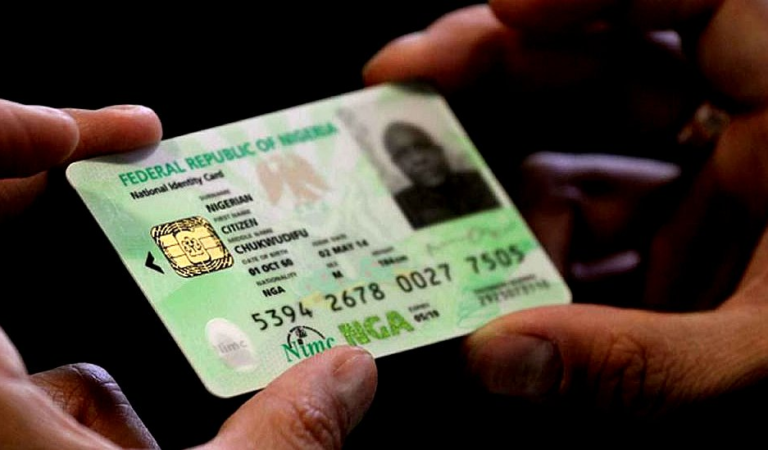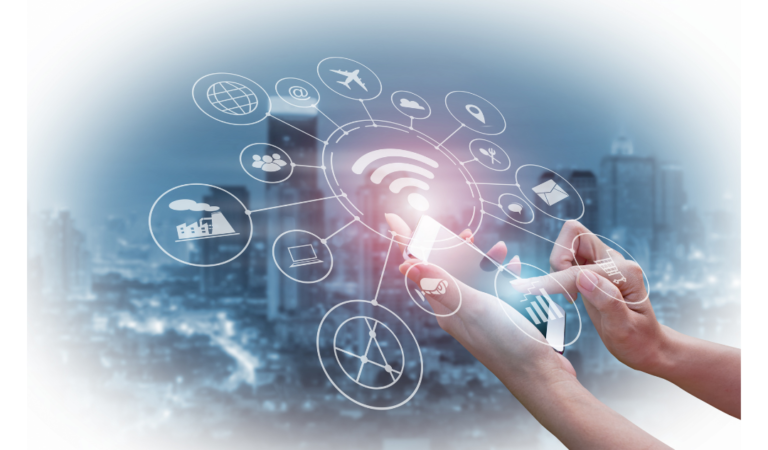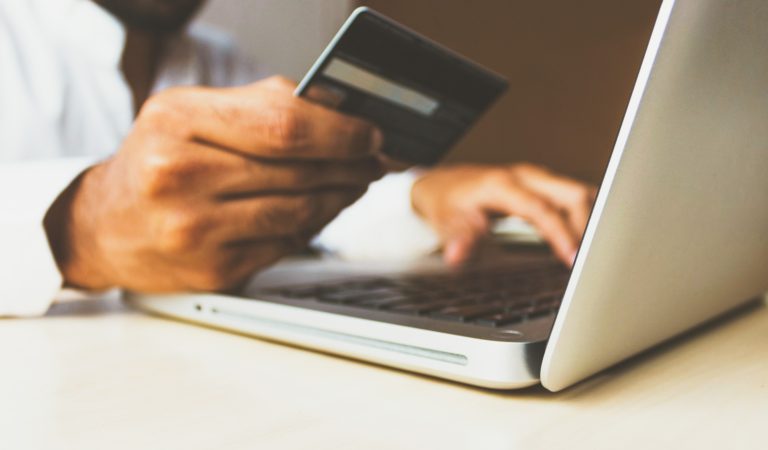Bangladesh, where my family are from, only became a country in 1971, after a brutal nine-month war, known as the Liberation War. Before that, the south Asian nation was known as East Pakistan, despite sharing no borders with Pakistan.
For my family, getting international recognition of Bangladesh as a country was a joyful moment – and not just because it marked the end of the war. It also meant, finally, being recognised as a distinct people from “West Pakistan”, and that in turn meant control over administration, economic resources, and the ability to self-govern instead of being ruled by people who were 1,600km away. This was, finally, recognition of their own right to control their own fates. I can’t imagine the joy that Bangladeshi liberation fighters felt upon getting their first passport, or seeing the Bangladeshi flag, or hearing the Bengali national anthem for the first time.
Read this story in a minute
That recognition of identity needn’t always come through cessation or conflict. It can also happen via physical or digital identification (ID) systems. In my first piece for The Correspondent,
Read my first piece here.I looked at the ways in which digital IDs are creating barriers to belonging in different places. Here, I want to look at the ways in which the opposite is sometimes true: identity documents can also create a sense of belonging.
Here’s why this matters
Identification systems which centre people’s needs and desires, and which give them the ability to choose how they participate in society and when, can be incredibly empowering. Building those systems digital can make it quicker for people to participate in society, easier for them to change their data, and enable them to skip previously bureaucratic, analogue processes.
In my work at the intersection of technology and social justice, I’ve seen that often it’s the people with the least access to formal identification who appreciate new digital ID systems the most. Most of you reading this piece will have some form of formal identification – a passport, a national ID card, a birth certificate. Think about all the services and rights for which you need one of those documents. Yes, international travel, but that’s a luxury one. Processes we take for granted – such as opening a bank account, getting a rental contract, signing up to vote, or registering for public benefits – all require that we show identification.
To read the full article published by The Correspondent, please click here.
